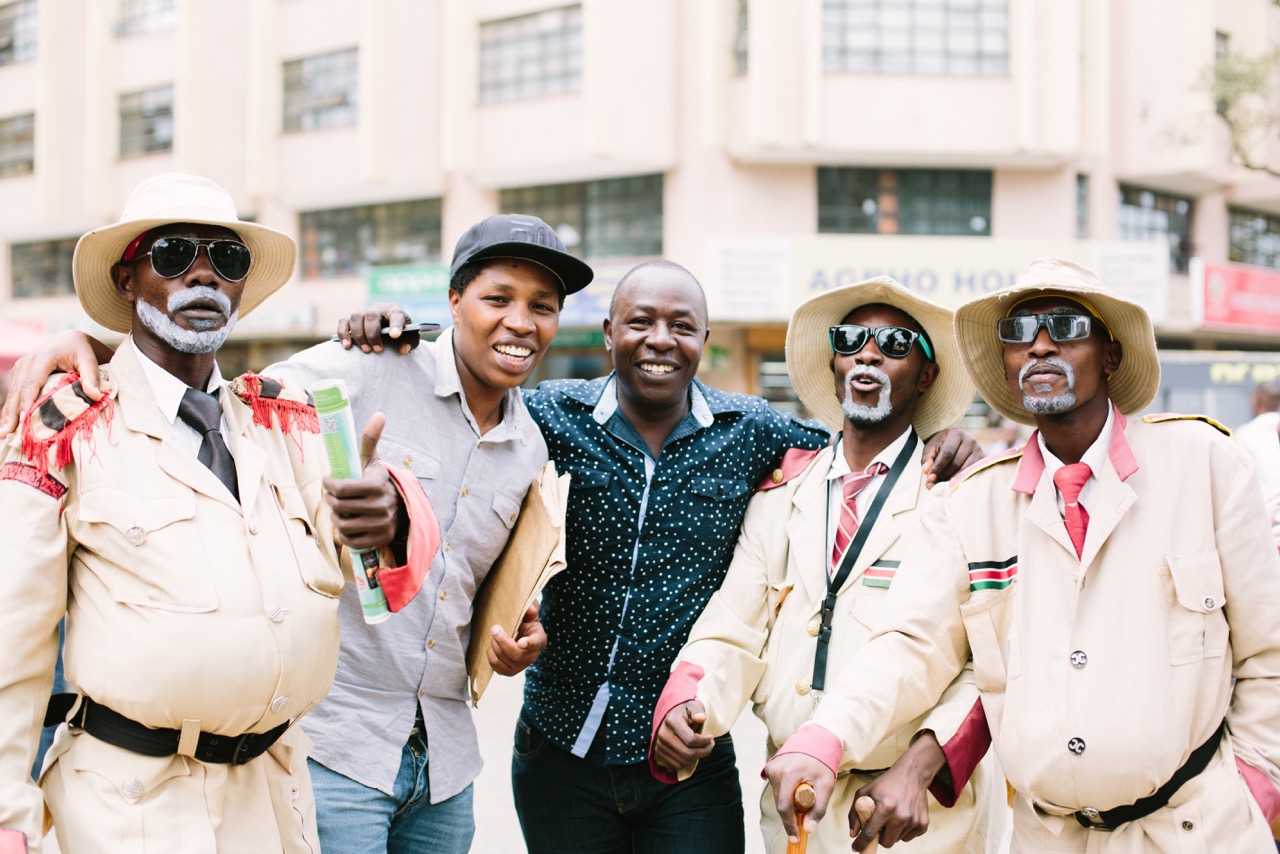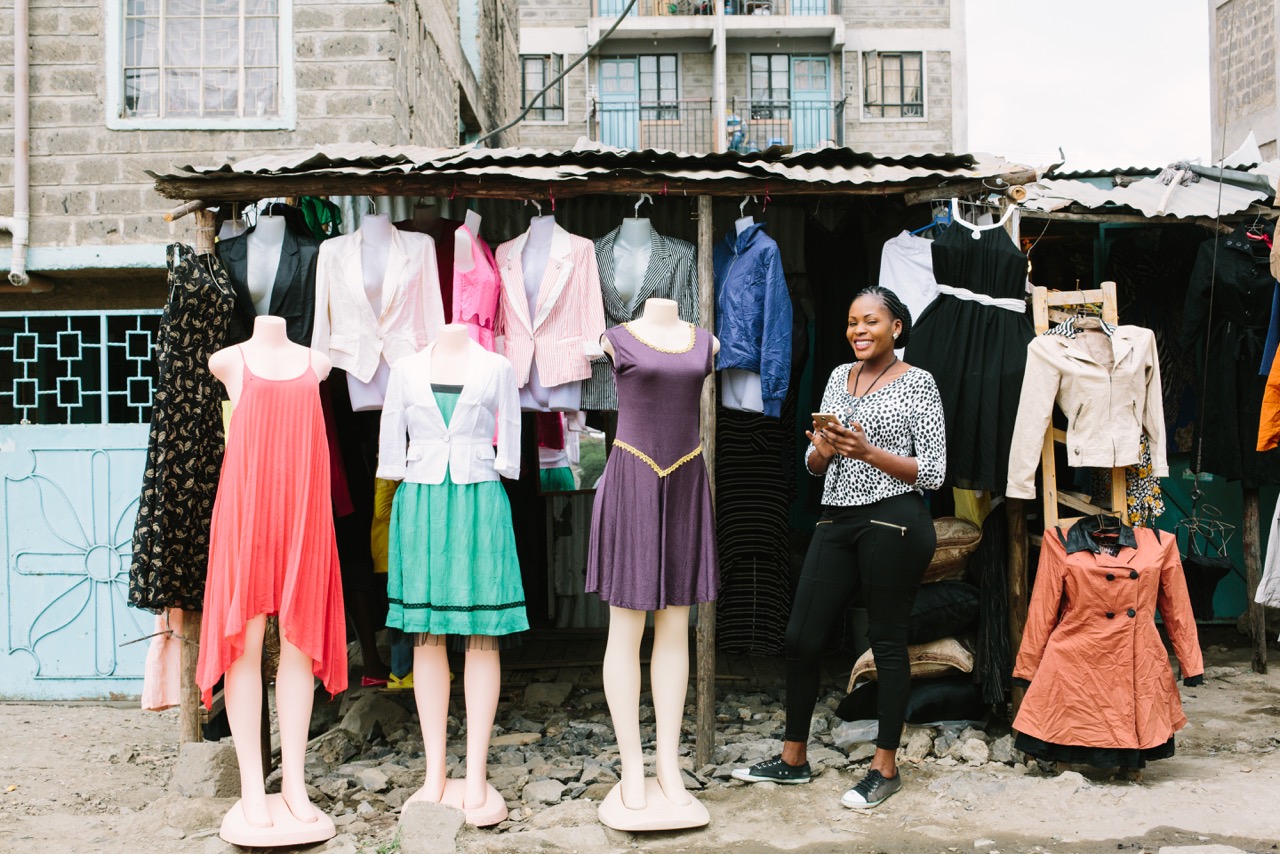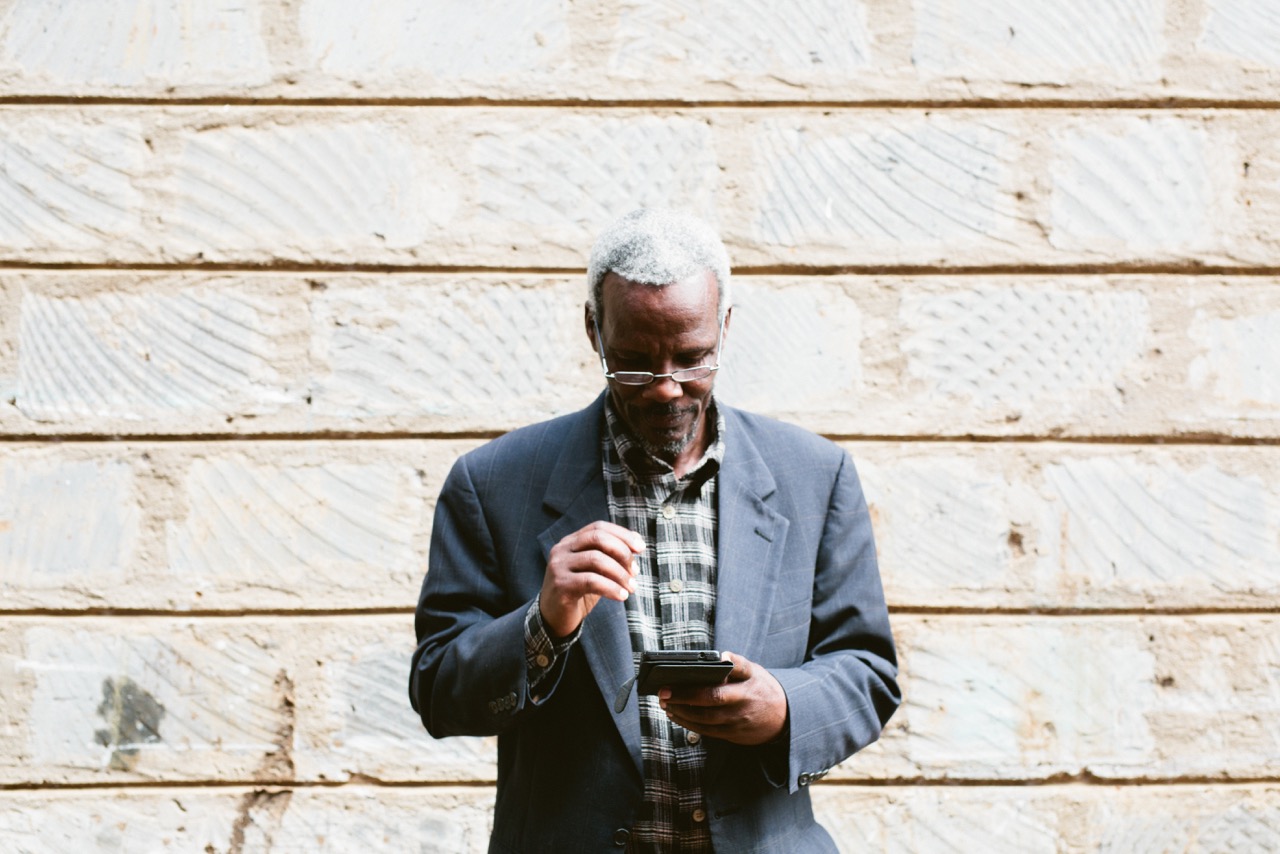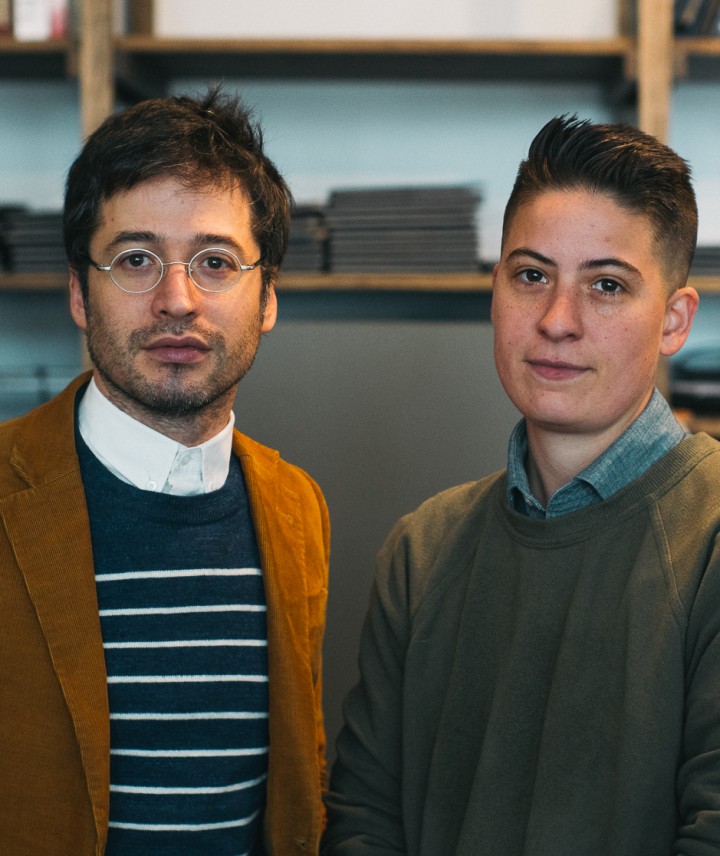Consider Shivani Siroya the financial voice of the people. Her Los Angeles-based microfinance startup, Tala, offers small loans of around $40 to customers in emerging markets. Funds arrive in around 60 seconds.
“In places like Africa and Southeast Asia, most people don’t have credit scores,” Siroya explains. “They don’t even have national IDs or voter cards… For those more than 2.5B people without financial identities, it’s impossible to get loans or even open a bank account.”
The idea of microfinance isn’t new. Google small business loans in Kenya, and you’ll find dozens of companies offering loans to customers looking to spur their business, circumvent an emergency or even pay a child’s school tuition. (You’ll also find more than a few friendly loan sharks.)
Tala, however, does one thing radically differently: They use the 10,000 data points on a person’s smartphone—mobile merchant transactions, social media, web searches, etc.—to replace credit scores. Their app pulls in and analyzes an individual’s identity, changing the way humans are valued.





